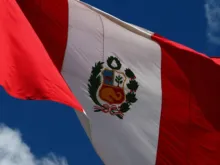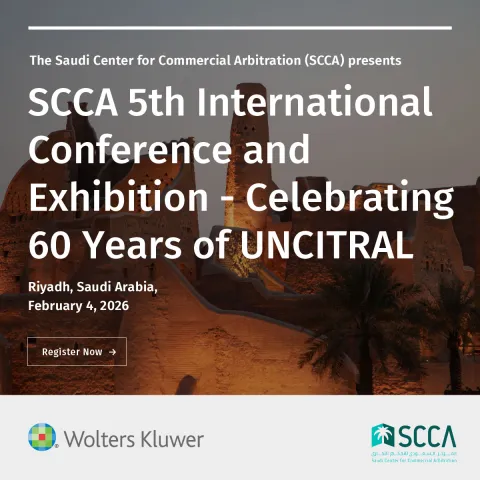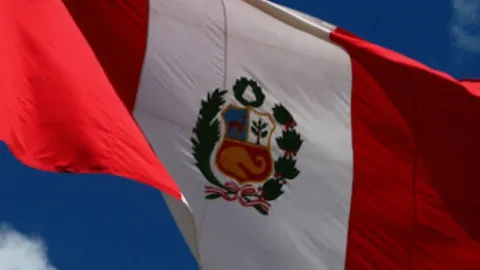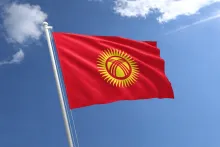Portugal’s Supreme Court of Justice Rules on Sovereign Immunity and Public Policy Defences in the Recognition of Foreign Arbitral Awards: A New Chapter in the Gold Reserve v. Venezuela Saga
August 20, 2025
In a unanimous decision issued on 9 July 2025, the Portuguese Supreme Court of Justice ("STJ") declined to overturn a lower court’s ruling of February 2025 that recognised a 2014 ICSID arbitral award in favour of the Canadian mining company Gold Reserve Inc. against the Bolivarian Republic of Venezuela. The decision highlights important issues in international arbitration. It looks at the difference between jurisdictional immunity and execution immunity. It also examines the role of public policy in recognition proceedings, and the interpretation of investor-State arbitration clauses.
Background: A Decade-Long Dispute
The arbitral award at the centre of the dispute arises out of a long-standing conflict over the termination of mining concessions in Venezuela. On 22 September 2014, a tribunal composed of Professors Pierre-Marie Dupuy, David A.R. Williams QC, and Piero Bernardini ordered Venezuela to pay USD 713 million in damages, along with interest and costs, totalling over USD 735 million, to Gold Reserve Inc. The arbitral tribunal determined that Venezuela breached its obligation to provide fair and equitable treatment according to the 1996 Canada-Venezuela BIT.
Despite partial payments and a subsequent settlement agreement signed in 2016, most of the award remained unpaid. Gold Reserve sought recognition of the award in Portugal, and the Lisbon Court of Appeal granted that recognition in February 2025. However, Venezuela filed an appeal before the STJ arguing jurisdictional immunity and invoking public policy as a bar to recognition. The STJ upheld the Lisbon Court of Appeal’s ruling, thus strengthening the Portuguese position on key issues regarding the recognition of foreign arbitral awards against States.
The Jurisdiction Immunity Defence
Venezuela claimed that, as a sovereign State, it enjoyed immunity from the jurisdiction of Portuguese courts. This immunity, according to Venezuela, prevented the recognition of the Gold Reserve award. However, the STJ highlighted a key principle in modern international law: sovereign immunity is not absolute.
The Court stated that jurisdictional immunity, a prerogative or privilege, can be waived, either explicitly or implicitly. It determined that Venezuela had agreed to arbitration in the Canada-Venezuela BIT and reaffirmed this agreement in the 2016 settlement agreement. Importantly, Clause 7 of the agreement included a clear waiver of immunity from jurisdiction for enforcing arbitral awards.
Additionally, the STJ noted that Venezuela's involvement in the arbitration and its commitments under the contract represented a tacit waiver of immunity. This aligns with Article 17(c) of the United Nations Convention on Jurisdictional Immunities of States and Their Property ("UNCSI"). Although the UNCSI has not yet come into effect, Portugal has ratified it, and the Court recognized its significance in codifying customary international law.
Immunity From Execution: Not Yet at Stake
Crucially, the STJ made a clear distinction between immunity from jurisdiction and immunity from execution. The recognition proceedings in Portugal were limited to recognizing the arbitral award, not enforcing it. The Court emphasized that the issue of execution, such as whether Venezuelan assets in Portugal could be seized, was not yet before it.
This distinction allowed the Court to avoid more contentious debates about execution immunity, which typically requires a separate, clear waiver under Article 19 of the UNCSI or similar provisions.
By framing the case strictly as one of recognition, the STJ kept a narrow focus on whether the award should be accepted into the Portuguese legal system.
The Public Policy Issue
Venezuela argued that recognizing the award would violate Portugal’s international public policy by prioritizing economic interests over environmental protection and indigenous rights, and by imposing disproportionate compensation.
The STJ dismissed these claims, applying a strict standard for public policy exceptions. It emphasized that recognition of a foreign arbitral award can only be denied for public policy reasons if the award leads to a result that is absolutely intolerable or shocking to the legal system of the recognizing State.
Applying these principles, the Court found no public policy violation. The STJ considered that the arbitral award imposed a purely monetary obligation on Venezuela, not any right to exploit mineral resources in Venezuelan territory. The compensation, calculated in accordance with fair market value principles recognized by both parties, was consistent with Portuguese principles of integral reparation for damages.
Having acknowledged in the Settlement Agreement that it owed the full arbitral award amount and having agreed to payment terms, Venezuela could not subsequently claim the compensation was disproportionate. The Court characterized this as venire contra factum proprium, noting that by acknowledging the debt, Venezuela had implicitly and necessarily recognized the correctness of the condemnatory decision, particularly regarding the crucial aspect of proportionality of the compensatory quantum.
Abuse of Rights: A Theory Without Facts
Venezuela's final argument alleged that Gold Reserve was abusing its right to seek recognition, supposedly to target assets of other Venezuelan entities by attempting to pierce the corporate veil. The Court dismissed this argument for lack of factual foundation, noting that Venezuela had neither alleged nor proven facts supporting this theory during the proceedings.
More fundamentally, the Court confirmed that under the Convention on the Recognition and Enforcement of Foreign Arbitral Awards ("New York Convention"), interested parties may legitimately seek recognition without also pursuing enforcement, rejecting any suggestion that seeking recognition alone could constitute abuse of rights.
Broader Implications for International Arbitration Practice
This decision offers several valuable lessons for international arbitration practitioners:
Immunity waivers are taken seriously: Courts will hold States to their express waivers, particularly when made in multiple instruments and contexts. Post-award settlement agreements containing immunity waivers create additional layers of estoppel (or venire contra factum proprium in civil law jurisdictions).
Treaty frameworks create consent: Comprehensive BIT provisions referencing the New York Convention and specifying arbitration seat requirements to ensure the Convention's applicability will be viewed as broad consent to recognition proceedings.
Recognition is distinct from enforcement: A foreign award can be recognized without triggering immediate execution procedures.
Public policy remains a high bar: Environmental and social concerns, while important, will not automatically trump investment treaty obligations absent truly "shocking" results that would be unassimilable to the legal order of the recognizing State.
Contradictory conduct defeats defences: States that acknowledge a debt in post-award settlements cannot subsequently object to the same awards on proportionality or other substantive grounds.
Looking Forward: The Evolution of State Immunity in Arbitration
The Portuguese Supreme Court's decision reflects a broader trend toward curtailing state immunity defences in international arbitration. By highlighting both the availability and waivability of immunity, and by applying emerging international standards even before their formal entry into force, the STJ demonstrates how domestic courts can contribute to the development of a coherent international framework for the recognition of arbitral awards.
For States, this judgment serves as a reminder that immunity is not a magic shield that can be raised and lowered at will. Once waived, particularly in multiple instruments and contexts, immunity defences become extremely difficult to resurrect. For investors and their counsel, the STJ's ruling provides comfort that well-drafted treaty frameworks and carefully crafted post-award documentation can effectively foreclose immunity-based resistance to award recognition.
The Portuguese Supreme Court's thorough analysis represents a welcome contribution to the growing body of jurisprudence supporting the effective enforcement of international arbitral awards. In an era where some States are increasingly creative in their objections to adverse awards, such clear judicial guidance helps maintain the integrity of the international arbitration system.
You may also like











